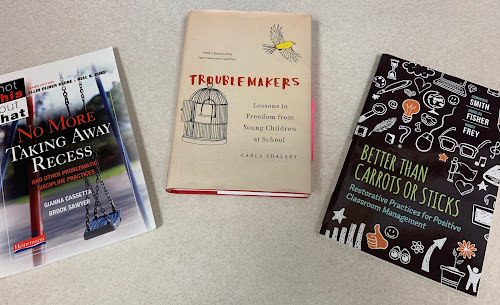Last weekend, my son hit the ball extremely well during the stretch of a five game baseball tournament that we played. And while I don't know all of his statistics, I recall that he hit four doubles each one landing in a gap over the top of where the outfielders were playing. I'm sure that he felt proud of the way that he hit the ball.
I’m reading a couple of books, Win in the Dark (Joshua Medcalf and Lucas Jadin) and The Inner Game of Tennis (W. Timothy Gallwey), and listening to another, The Decision (Kevin Hart), that all emphasize the importance of mindset. For almost a decade, now, I’ve been a huge proponent of developing a growth mindset. A conclusion that I’ve drawn is that you can’t claim to have a growth mindset without being process driven. Consequently, when you’re focused on the process (and not necessarily the outcome) it is natural to embody the characteristics of a growth mindset.
Anyways... as I was reading and listening to these books, I started to reflect on my son’s weekend of baseball. As his Dad, I was extremely proud of him. However, I have to be really cautious about how I frame my praise and project my feelings to my son. If he understands my feelings of being proud of him for his extra base hits then I’ve missed my mark.
If he thinks that I'm proud of him for hitting doubles, then he'll be led to believe that I'm not proud of him when he doesn't hit doubles.
Hitting a double every time that you come-up to bat isn’t sustainable. Putting in the work that allows you to prosper is within his realm of control; effort and preparation are sustainable. That's what I have to be sure to praise - his engagement in the process, which he partakes in that allows him to be able to get a few extra base hits over the course of a weekend.
Here's my son in our garage getting some swings before we had to leave for his tournament games. This is winning in the dark.
He chooses to take 50-75 swings on game days, before we leave, to best prepare himself.
This is what makes me proud.




